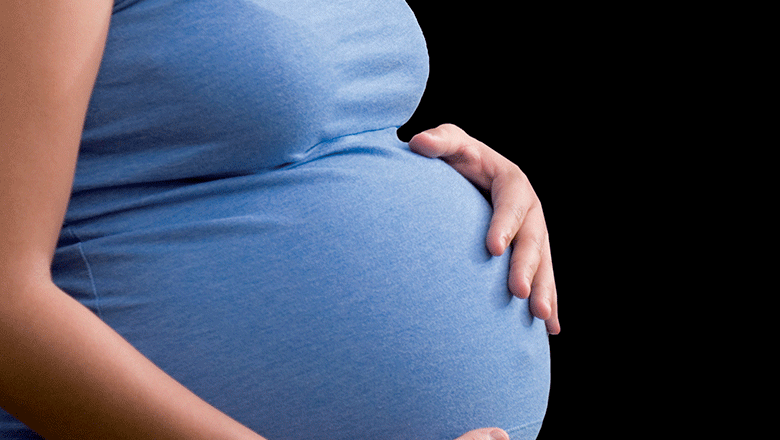Search
Maternal influenza and pertussis vaccination is an important strategy to reduce morbidity and mortality in infants. Previous vaccine safety studies have mostly focused on the association between maternal vaccination and fetal death.
To evaluate the effectiveness of maternal pertussis vaccination for preventing pertussis infections in Aboriginal and Torres Strait Islander infants under seven months of age.
In many countries, infant vaccination with acellular pertussis (aP) vaccines has replaced use of more reactogenic whole-cell pertussis (wP) vaccines. Based on immunological and epidemiological evidence, we hypothesised that substituting the first aP dose in the routine vaccination schedule with wP vaccine might protect against IgE-mediated food allergy. We aimed to compare reactogenicity, immunogenicity, and IgE-mediated responses of a mixed wP/aP primary schedule versus the standard aP-only schedule.
Following the introduction of jurisdictional maternal pertussis vaccination programs in Australia, we estimated maternal vaccine effectiveness (VE) and whether maternal pertussis vaccination modified the effectiveness of the first 3 primary doses of pertussis-containing vaccines.
We assessed the impact of maternally derived pertussis antibodies on infant responses to a 2 + 1 vaccine schedule (6 weeks, 12 weeks, and 12 months). Infants with baseline antibodies showed lower IgG responses following the primary vaccination series, but this did not impair booster responses at 4 years of age.

The Kids Research Institute Australia have welcomed the announcement by Health Minister Dr Kim Hames that whooping cough vaccination is to be provided free
Influenza diagnosis codes had high specificity (98.6%) and modest positive predictive value (PPV; 84.1%) and sensitivity (86.1%) for a laboratory-confirmed...
Latest news & events at the Wesfarmers Centre of Vaccines & Infectious Diseases.

Researchers from the Wesfarmers Centre of Vaccines and Infectious Diseases at The Kids Research Institute Australia have shared their expertise with the community in Cockburn, covering topics ranging from respiratory disease in babies to recurring ear infections in kids.

A dose of the whooping cough vaccine might reduce cases of childhood food allergies according to latest research by the Wesfarmers Centre of Vaccines and Infectious Diseases based at The Kids Research Institute Australia.
